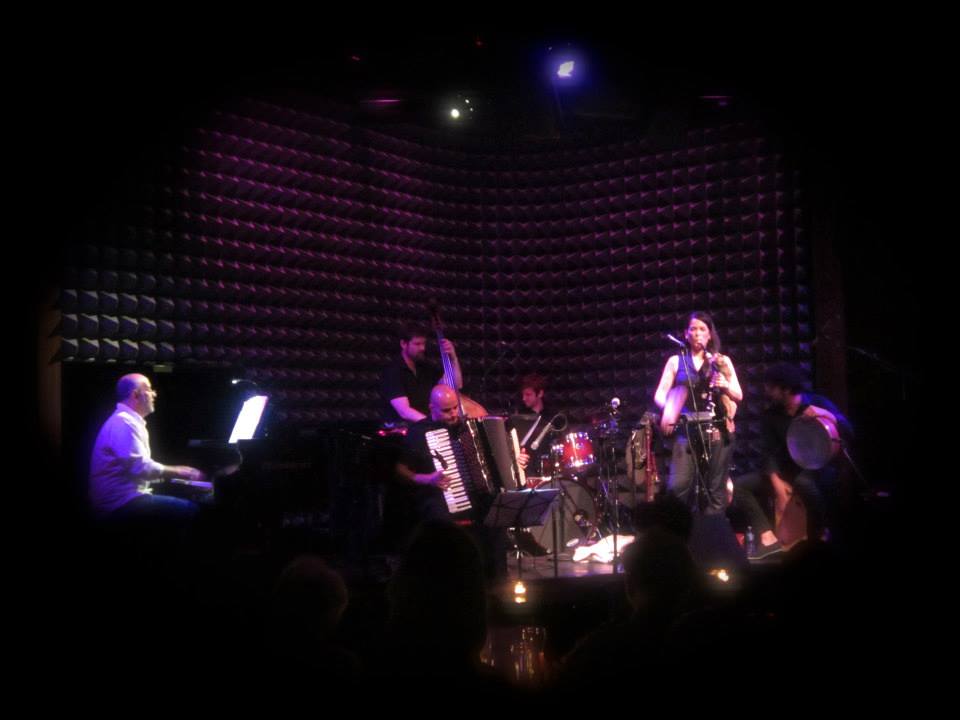It’s not clear just how seriously to take the claim of the Iberian province of Galicia to Celtic heritage. There were some ancient settlements, the ruins of which can be seen today. The country’s name is related to “Gaelic” and to “Gales”, which is Spanish for “Wales”. But anyone who has looked into the subject knows that the likelihood of direct descent from the early inhabitants is open to question, as is the idea that there has been a continuity of cultural practices.
Still, that Galicia is one of the seven Celtic lands is not hurt by the fact that the bagpipes – called the “gaita” – are the national instrument, even if it is extremely hard to say whether it was imported or indigenous. If you go to Galicia today, you will encounter it being played in historic squares (although I can’t say that it is pervasive). A quick internet search suggests that the instrument was present at least as early as the 16th century and that it experienced a revival in the 19th (as did many folk traditions throughout Europe).
It was with those facts in mind that I was glad for the chance Joe’s Pub gave me this week to listen to Cristina Pato, a gallega who has made a career of converting the gaita first into a rock instrument and more recently into a jazz one. Her talent on the gaita can’t be doubted, and she also sings, and plays the piano, a simple pipe, and the tambourine. Her voice has a certain wail to it, opening up and pulling back like a suppressed sob, often with the mouthpiece of the gaita hovering in the space between her lips. When she entered on Wednesday night it was down an aisle, evoking the ceremonial and even martial associations of the instrument. She plays the gaita as though it were entangling her, or, together with its swelling lung and spiney protusions, she were some odd Iberian animal, a mythical creature with distinctive cries and a galumphing gait.
The sounds she makes with her Migrations Band tend toward the dissonant; with an ancient instrument at the center, her music is peculiarly modernist; and the vocals have a kind of harshness to them that is reflected in the larger sound. Generically, her compositions hint at flamenco and the Near East, among other forms; her producer, the Argentine pianist Emilio Solla, has written a tune called “Gaitango,” on which he accompanied her on Wednesday night.
I would characterize what I saw and heard as of great interest, and novel, but there was also an out-of-placeness to it that I couldn’t fully embrace. Pato gave me a glimpse of another world, with that peculiar animal in it, but I hesitated to go there, hearing from a distance that dissonant wail and that great gulping lung.
For informtaion on future events at Joe’s Pub, click here.
